Overclocking is not just a technical pursuit; it’s an art form that involves pushing your hardware to its limits for optimal performance. In this article, we’ll delve into the exciting world of overclocking, exploring the ins and outs of enhancing the capabilities of your CPU, GPU, and RAM.
Introduction to Overclocking
Overclocking is the process of tweaking your computer’s hardware components, such as the central processing unit (CPU), graphics processing unit (GPU), and random-access memory (RAM), to operate at speeds higher than their default specifications. It’s a practice that dates back to the early days of personal computing, where enthusiasts sought to extract every ounce of power from their machines.
Hardware Components and Overclocking
CPU Overclocking: One of the primary targets for overclocking is the CPU. We’ll discuss the intricacies of adjusting clock speeds and the impact on overall system performance.
GPU Overclocking: Graphics enthusiasts often engage in overclocking to boost gaming and rendering capabilities. We’ll explore the benefits and potential risks associated with pushing your graphics card beyond its factory settings.
RAM Overclocking: Faster RAM can significantly improve system responsiveness. We’ll guide you through the process of safely overclocking your RAM for optimal performance.
Benefits and Risks of Overclocking
Improved Performance: Overclocking can result in faster processing speeds, smoother graphics, and reduced loading times. We’ll explore how this performance boost can positively impact various computing tasks.
Potential Risks and Drawbacks: However, overclocking comes with risks, including increased heat generation and potential hardware instability. We’ll discuss how to mitigate these risks and make informed decisions.
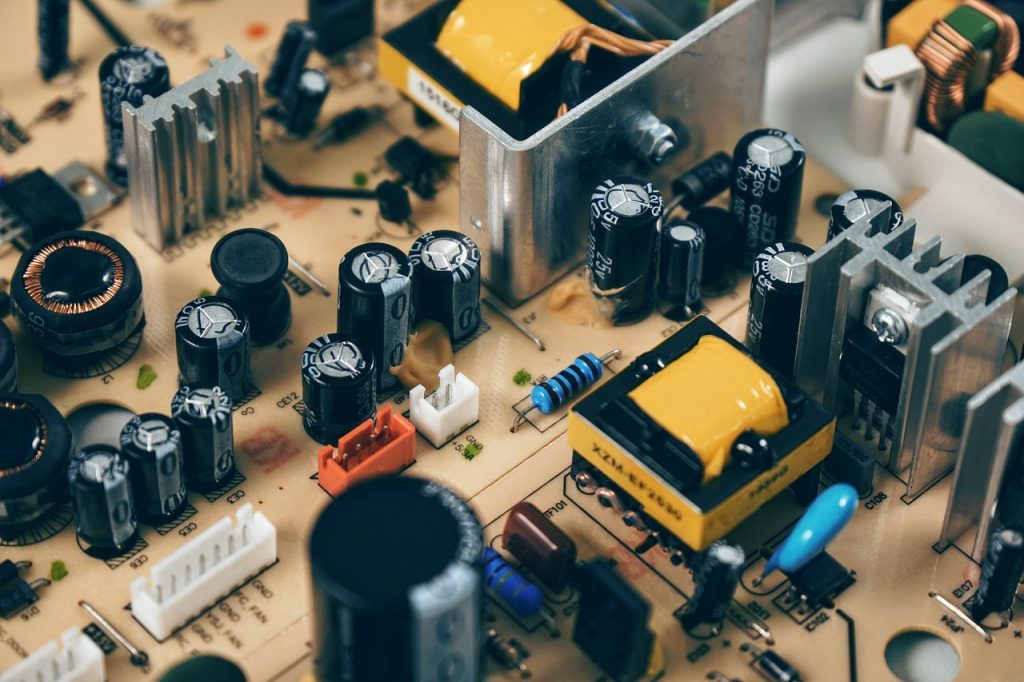
Choosing the Right Hardware for Overclocking
Selecting Overclock-Friendly Components: Not all hardware is created equal when it comes to overclocking. We’ll provide insights into choosing components that are more amenable to overclocking.
Understanding Limitations: It’s crucial to recognize the limitations of your hardware. We’ll discuss how pushing certain components too far can result in diminishing returns or, worse, damage.
Essential Tools for Overclocking
Overclocking Software: A variety of software tools are available for adjusting clock speeds and monitoring system performance. We’ll highlight some of the best options and how to use them effectively.
Cooling Solutions: Overclocking generates more heat, and proper cooling is essential. We’ll explore various cooling solutions, from air coolers to advanced liquid cooling systems.
Step-by-Step Guide to Overclocking
Preparation Steps: Before diving into overclocking, certain preparations are necessary. We’ll provide a step-by-step guide to ensure you’re ready for the overclocking adventure.
Adjusting Clock Speeds: The heart of overclocking lies in tweaking clock speeds. We’ll explain how to do this safely and effectively, considering the specific requirements of your hardware.
Monitoring System Stability: Stability is paramount. We’ll discuss how to monitor your system for signs of instability and how to address potential issues.
Benchmarking and Performance Testing
Importance of Benchmarking: Benchmarking helps assess the impact of overclocking on your system’s performance. We’ll delve into why benchmarking is crucial and how to interpret results.
Tools for Performance Testing: Numerous tools are available for performance testing. We’ll introduce you to some popular ones and guide you on their usage.
Overclocking Success Stories
Highlighting Notable Achievements: Learn from the experiences of overclocking champions. We’ll share success stories that showcase the incredible feats achieved through overclocking.
Learning from Experienced Overclockers: Discover valuable tips and tricks from seasoned overclockers who have mastered the art. Their insights can guide you in your overclocking journey.
Common Mistakes and How to Avoid Them
Overlooking Safety Precautions: Overclocking without precautions can lead to irreversible damage. We’ll highlight common mistakes and how to avoid them to ensure the longevity of your hardware.
Understanding the Impact on Warranty: Overclocking may void warranties. We’ll discuss the legal aspects and how to navigate potential issues with manufacturers.
Legal and Ethical Considerations
Addressing Warranty Issues: Understand the implications of overclocking on warranties and explore ways to maintain a balance between pushing limits and safeguarding your investment.
Respecting Hardware Limitations: There are ethical considerations in overclocking. We’ll delve into the importance of respecting hardware limitations and responsible use.
Future Trends in Overclocking
Emerging Technologies: What does the future hold for overclocking? We’ll explore emerging technologies that may shape the landscape and provide a glimpse into what enthusiasts can expect.
Potential Developments: From advancements in cooling technology to changes in hardware architecture, we’ll discuss potential developments that could impact the overclocking scene.
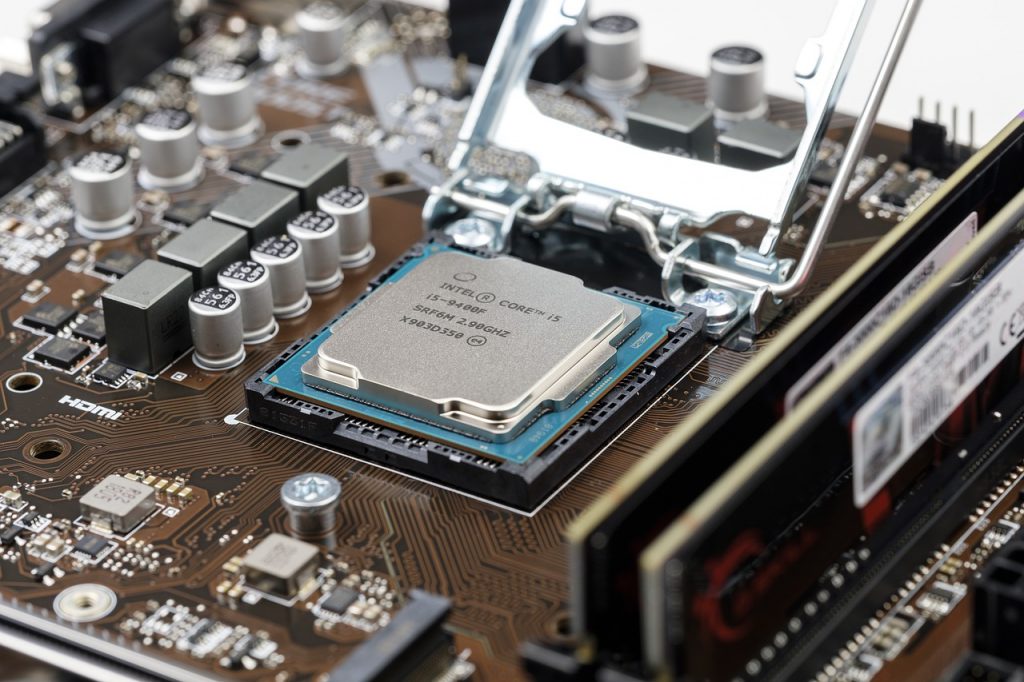
Community and Forums for Overclocking Enthusiasts
Connecting with Like-Minded Individuals: Overclocking is a community-driven activity. We’ll guide you on where to connect with like-minded individuals, share experiences, and seek advice.
Sharing Experiences and Tips: Online forums and communities are rich sources of information. We’ll highlight some of the best platforms for sharing and gaining insights into overclocking.
Overclocking for Gaming Performance
Impact on Gaming Experience: Gaming enthusiasts often turn to overclocking for a competitive edge. We’ll discuss how overclocking can enhance the gaming experience and considerations for specific game genres.
Game-Specific Considerations: Certain games may benefit more from overclocking. We’ll explore how to tailor your overclocking efforts to suit different gaming scenarios.
Case Studies: Overclocking in Real-World Applications
Professional Applications: Overclocking isn’t limited to gaming. We’ll showcase case studies where professionals leverage overclocked systems for demanding tasks such as video editing, 3D rendering, and more.
Scientific and Research Use Cases: Explore how overclocking contributes to scientific research, simulations, and other compute-intensive applications.
Conclusion
In conclusion, overclocking is a thrilling journey that, when done responsibly, can unlock the true potential of your hardware. This article has provided a comprehensive guide to overclocking, from the basics to advanced techniques, with an emphasis on safety and ethical considerations.
FAQs: Overclocking Adventures
- Is overclocking safe for all types of hardware?
- Overclocking can be safe if done within specified limits and with proper precautions. However, not all hardware is equally suitable for overclocking.
- Does overclocking void the warranty of my components?
- In many cases, overclocking can void warranties. It’s crucial to understand the terms and conditions provided by manufacturers and act accordingly.
- What cooling solution is best for overclocking?
- The ideal cooling solution depends on various factors, including the level of overclocking and the specific hardware. High-end air coolers and liquid cooling systems are popular choices.
- Can overclocking improve gaming performance significantly?
- Yes, overclocking can enhance gaming performance by increasing frame rates and reducing input lag. However, the degree of improvement depends on various factors, including the game itself.
- Are there any legal implications to overclocking?
- While overclocking itself is legal, it may impact warranties and, in extreme cases, lead to hardware damage. Users should be aware of legal and ethical considerations.
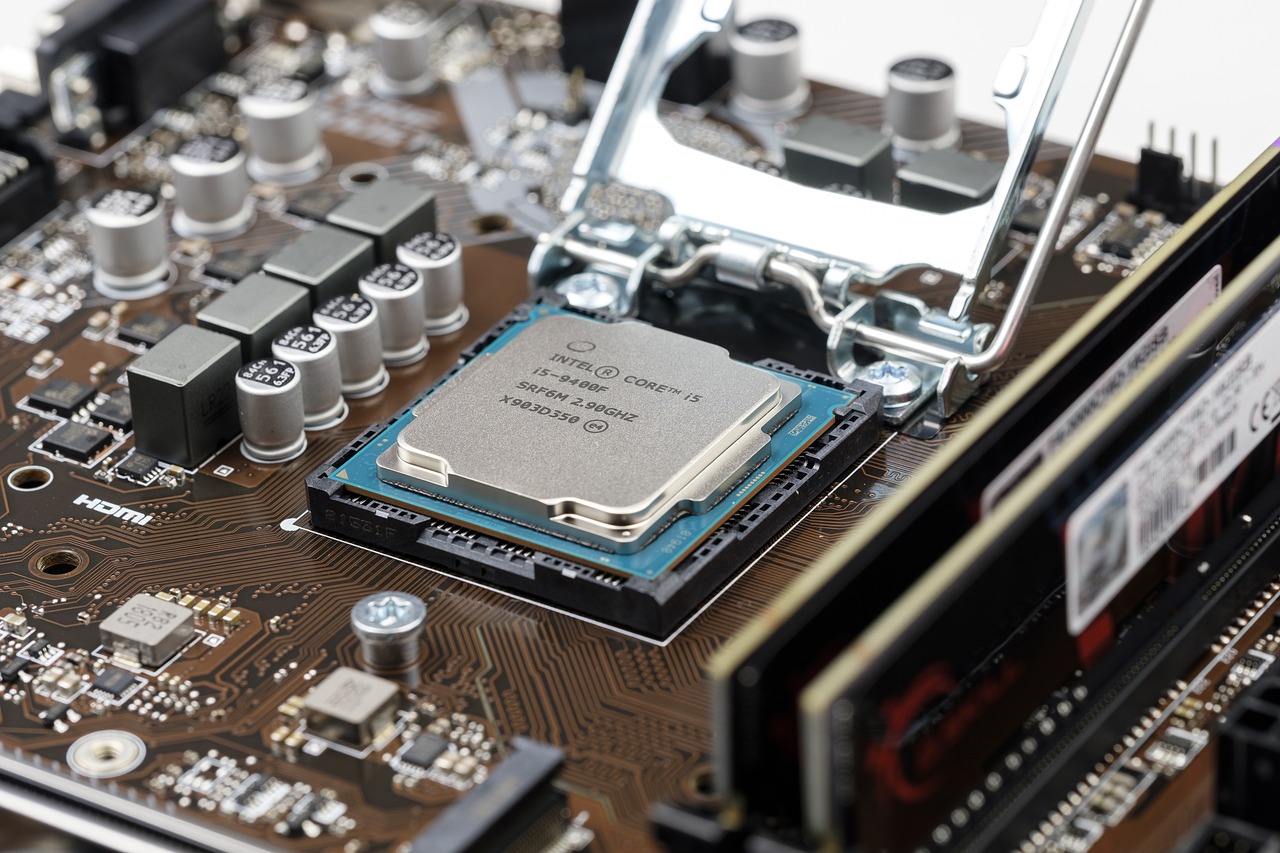
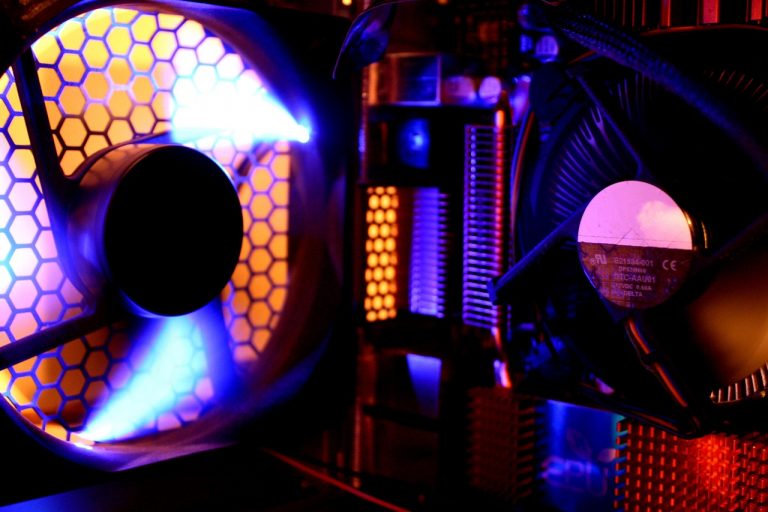
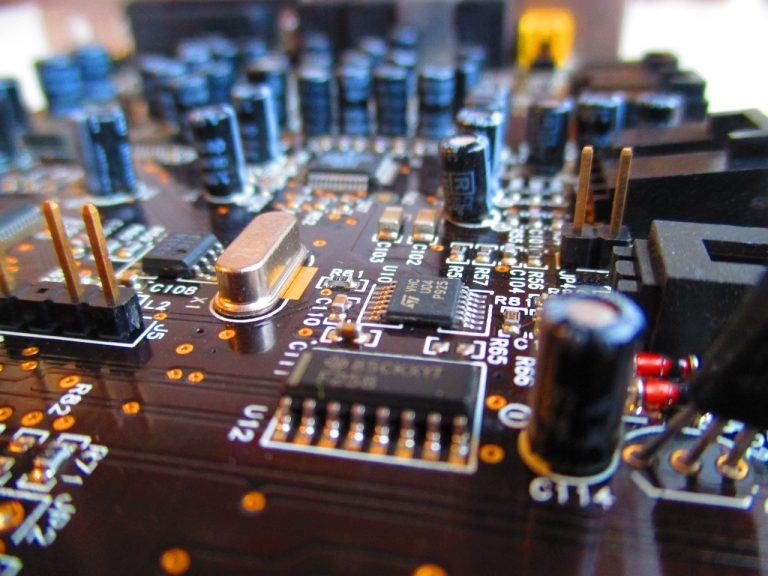
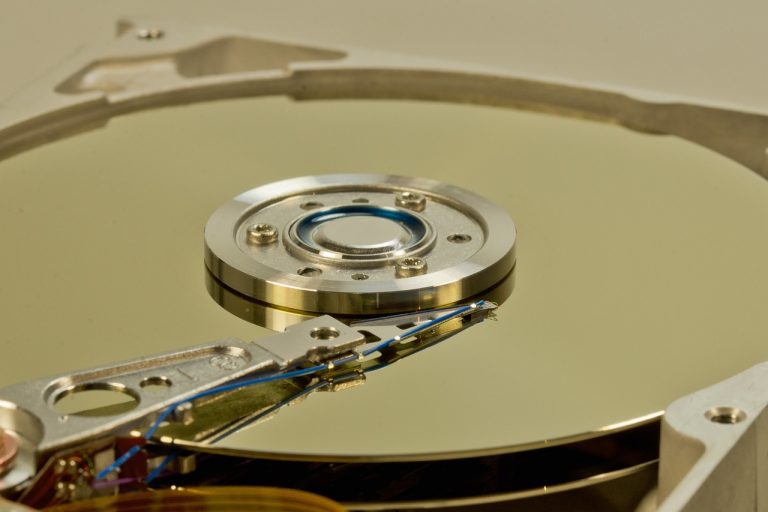
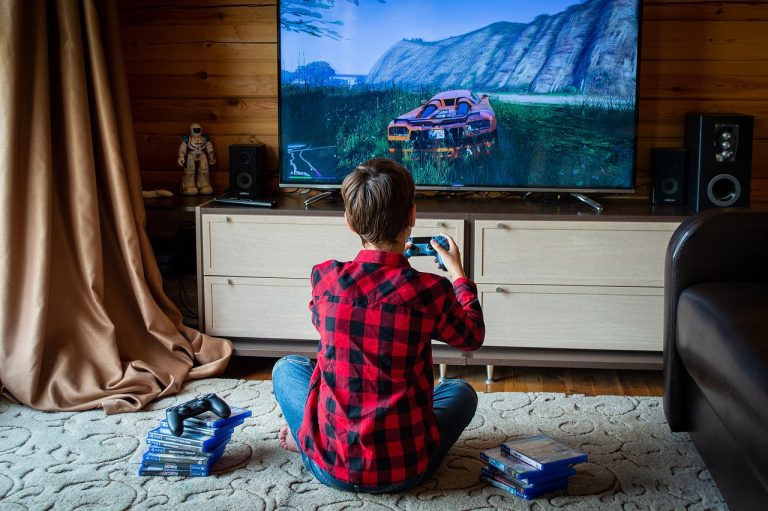







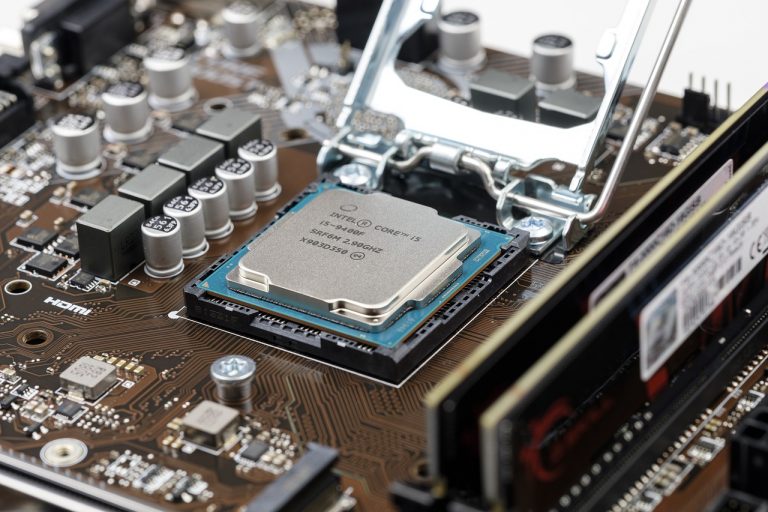

+ There are no comments
Add yours